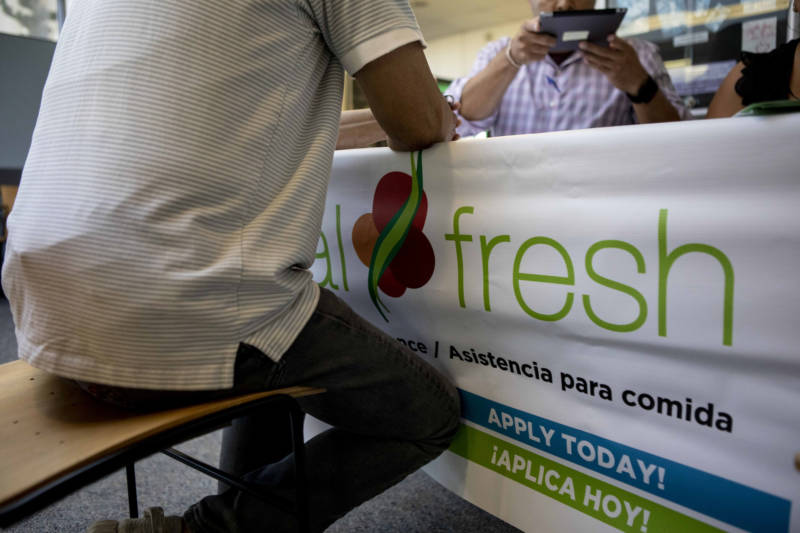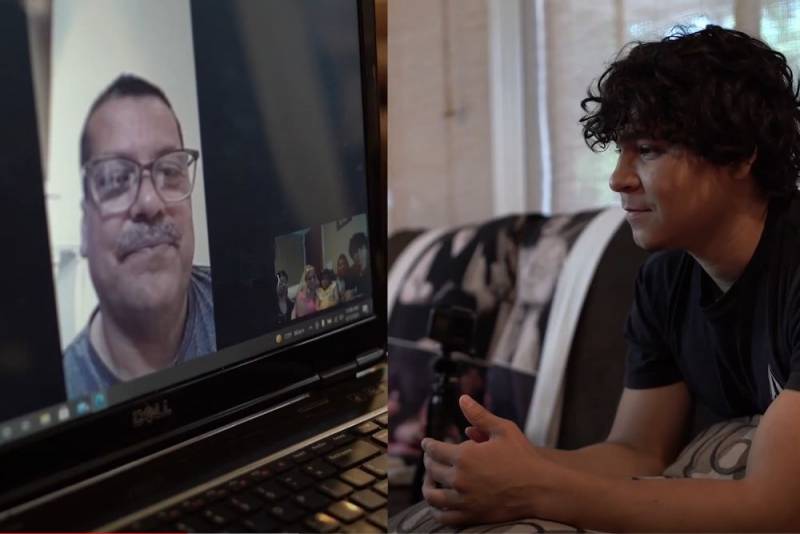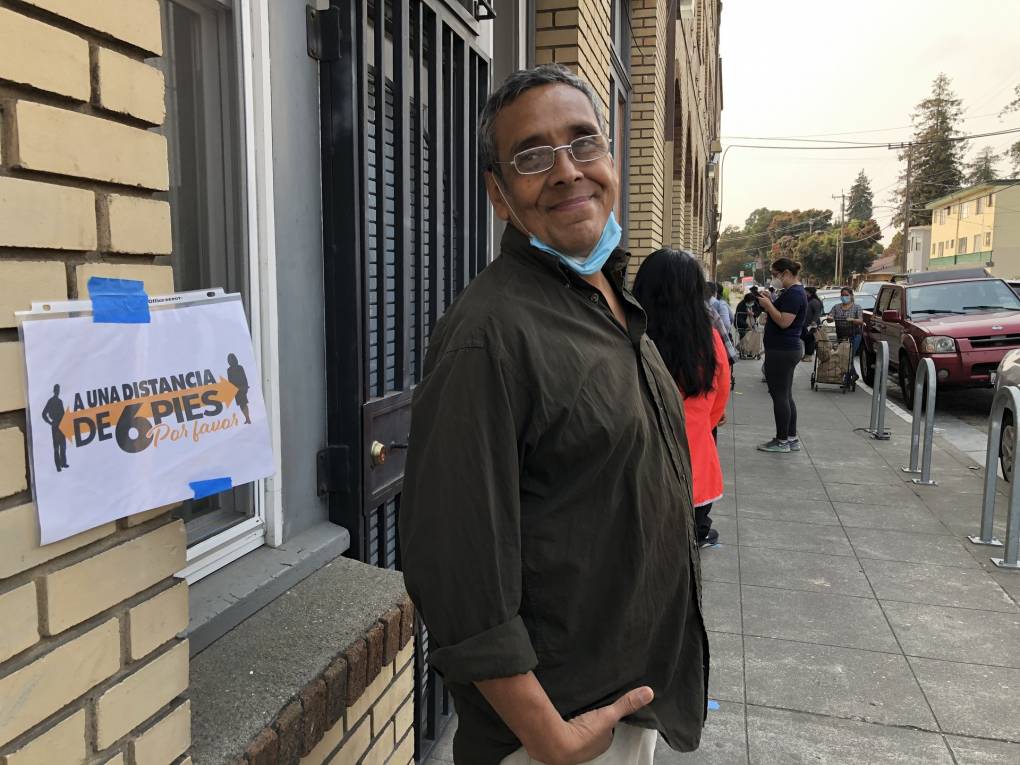She decided to terminate food stamps for her kids and to withdraw herself from MediCal, despite some health complications she said accompanied her latest pregnancy. She worries, she said, about how she will keep her children’s bellies full without food stamps. But she doesn’t want the use of social service programs to put her at risk of being deported.
Across California, the looming change, known as the “public charge” rule, is sowing confusion and fear within the immigrant community, causing many people to abandon programs for fear of retaliation from immigration authorities, according to nearly two dozen interviews with health care providers, lawyers, nonprofit organizations and social service agencies.
The new rule could affect more than 2 million Californians, most of whom are not subject to the regulation, and could result in 765,000 people withdrawing from MediCal and CalFresh, according to UCLA’s Center for Health Policy Research.
Yuri, who did not want her last name used for fear of drawing attention to her family, would not be affected by the rule change: Refugees and asylees are exempted from the policy, as are the food stamps she gets for her children, who are citizens. But many immigrants like her, who are not subject to the rule, are feeling the chilling effect, with some withdrawing from social services unnecessarily.
Social service experts describe patients staying away from crucial medical appointments, domestic violence survivors avoiding food stamps, a crime victim with a humanitarian visa dropping health coverage during treatment for cancer and parents considering removing their children from benefits ranging from free and reduced school lunches to health coverage.
Currently, green card applicants must prove they will not be a financial burden — or a “public charge” — on the United States through use of cash welfare programs or publicly funded institutional care. The new regulation, which will take effect in mid-October, would expand the public charge definition to include Medicaid, food stamps and housing vouchers. Immigration officials will also consider income, education, English-language abilities and health when making a determination.
Claribel Chavez, an outreach worker for the Second Harvest Food Bank of Silicon Valley, said the primary reason the people she talks to resist signing up for food stamps is out of fear of being considered a public charge.
“They’re just not doing it because they are scared,” she said. “They say, ‘We would rather struggle than put our name into the system.’ It’s getting bad.”
In August, Santa Clara and San Francisco counties sued the Trump administration over the regulation and filed a motion to block the rule before it takes effect. The motion argues that the rule, if implemented, would cause “irreparable harm” to the counties and “will cause individuals to dis-enroll from or forgo critical public benefits out of fear of potential immigration consequences.”
California is one of a number of states suing to block the policy.
In its publication of the rule change, the Department of Homeland Security estimated that 324,000 people in households with non-citizens will withdraw or stay away from public benefits because of the change.



